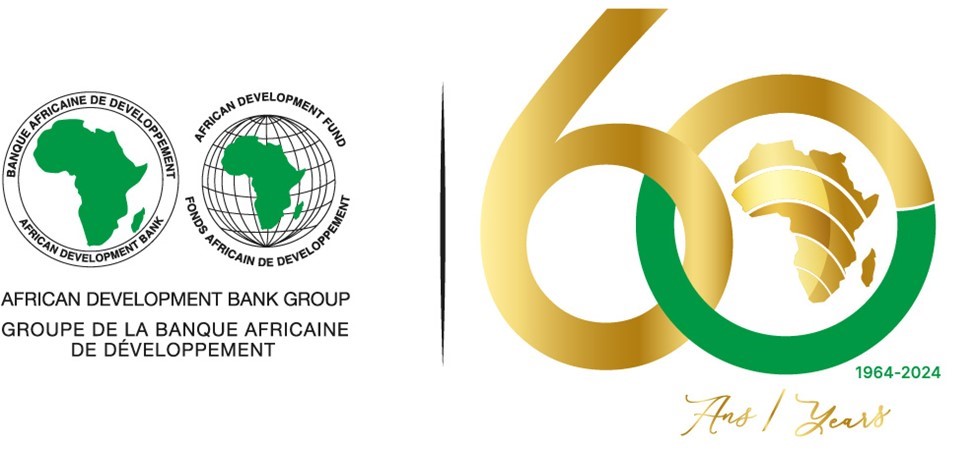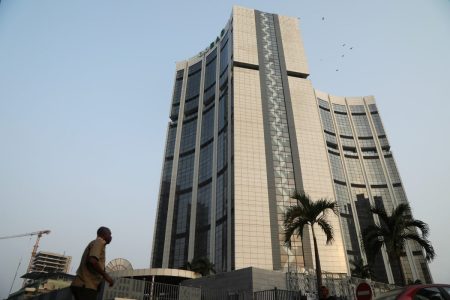 Lagos — The Board of Directors of the African Development Bank Group, AfDB, has approved a $162.76 million loan to Angola to finance the first phase of the country’s Economic Governance and Resilience Support Programme.
Lagos — The Board of Directors of the African Development Bank Group, AfDB, has approved a $162.76 million loan to Angola to finance the first phase of the country’s Economic Governance and Resilience Support Programme.
This two-year programme will accelerate Angola’s economic diversification by strengthening fiscal governance and boosting private sector participation, particularly in climate resilient agricultural transformation.
Since 2017, Angola has achieved macroeconomic stability through significant economic reforms. However, challenges persist, including declining oil export revenues and high debt burden.
To sustain and achieve its growth targets, Angola intends to undertake additional reforms to advance its economic diversification agenda, particularly in agriculture, a critical sector for livelihoods and food security. The programme also addresses climate vulnerabilities that pose risks to sustainable development.
The initiative prioritises economic opportunities for vulnerable groups, including women, youth, and persons with disabilities and low-income households, who are disproportionately affected by climate change’s impacts on agriculture and food security.
Pietro Toigo, the Bank’s Country Manager in Angola said: “The Economic Governance and Resilience Support Program is a key piece in the Bank’s strategy in Angola, which aims to generate inclusive growth and decent jobs through agricultural transformation and sustainable infrastructure. The measures included in the reform programme create the precondition to stimulate economic diversification led by the private sector, focusing on agriculture, manufacturing and trade, which have the greatest impact on sustainable job creation and income generation.”
The programme complements the Bank’s existing portfolio in Angola, which comprises 14 projects valued at $1.2 billion as of June 2024. “The new programme will enhance our ongoing projects by providing greater fiscal space and lowering borrowing costs, creating a more conducive business environment, particularly in agriculture, while strengthening reform implementation and development spending effectiveness,” Toigo said.



